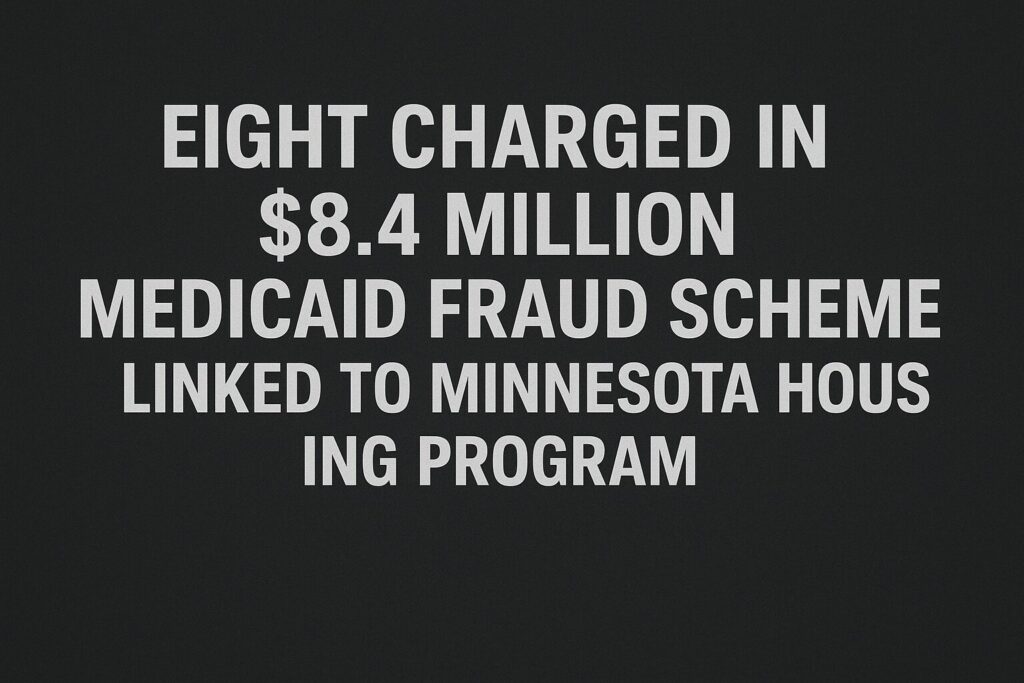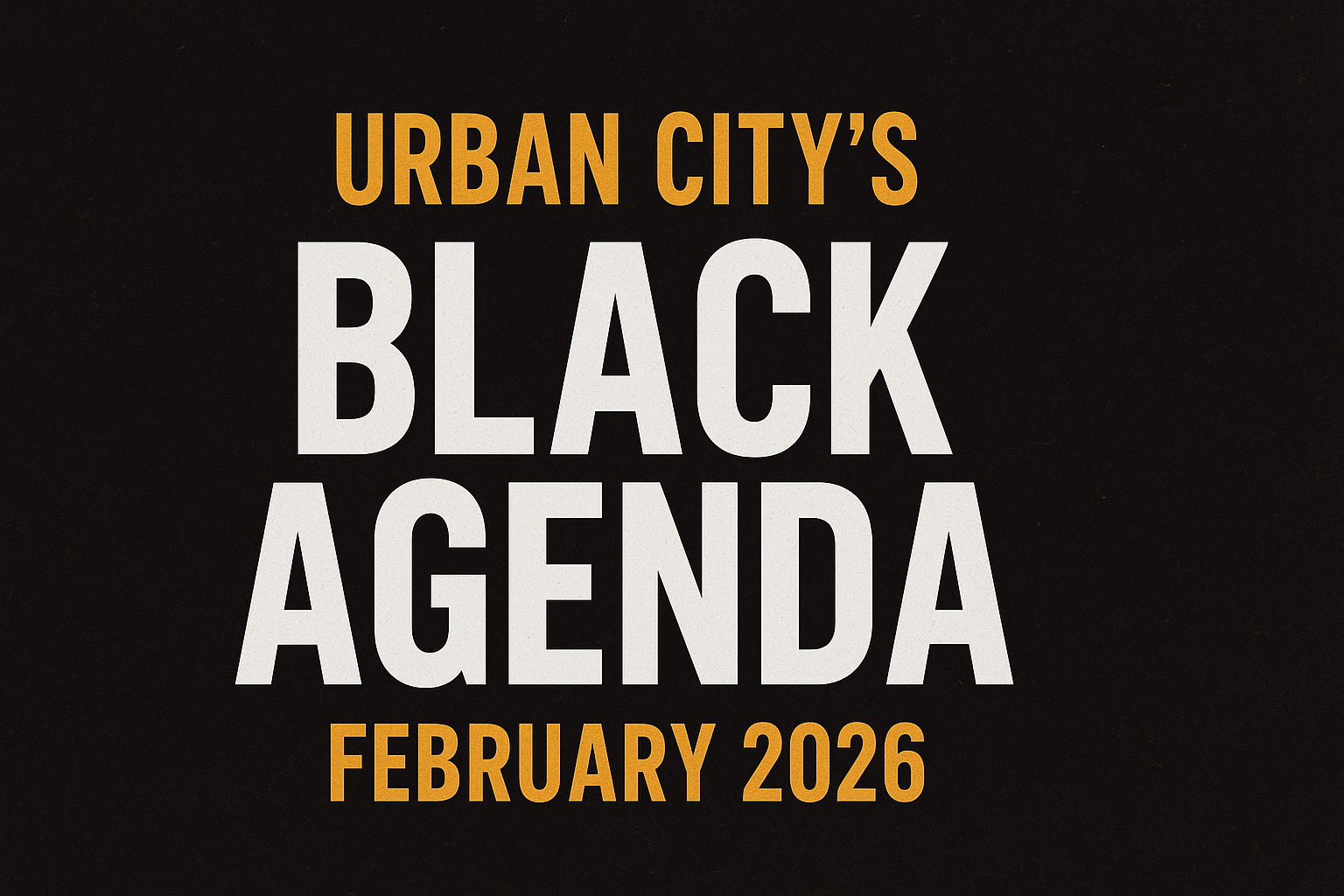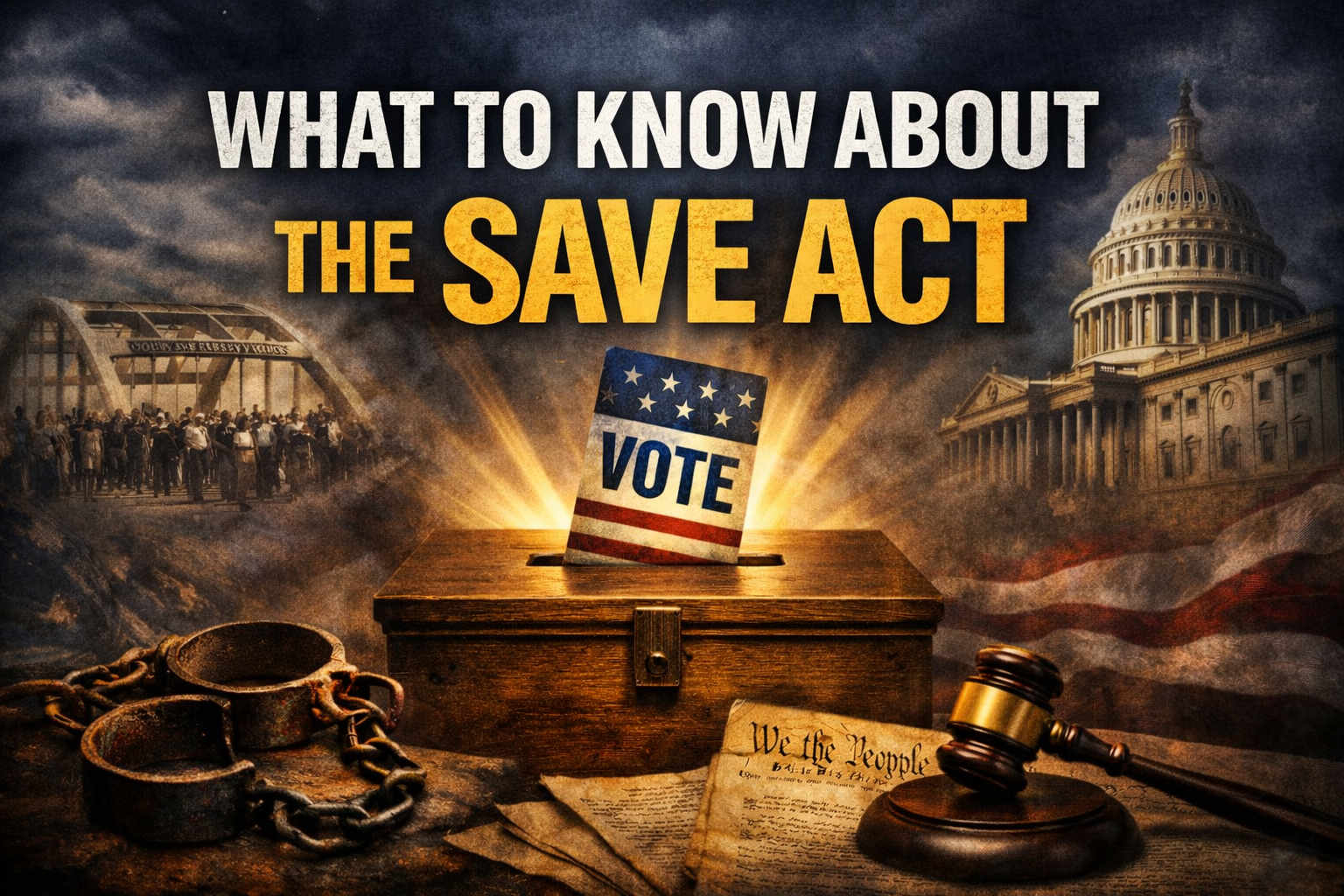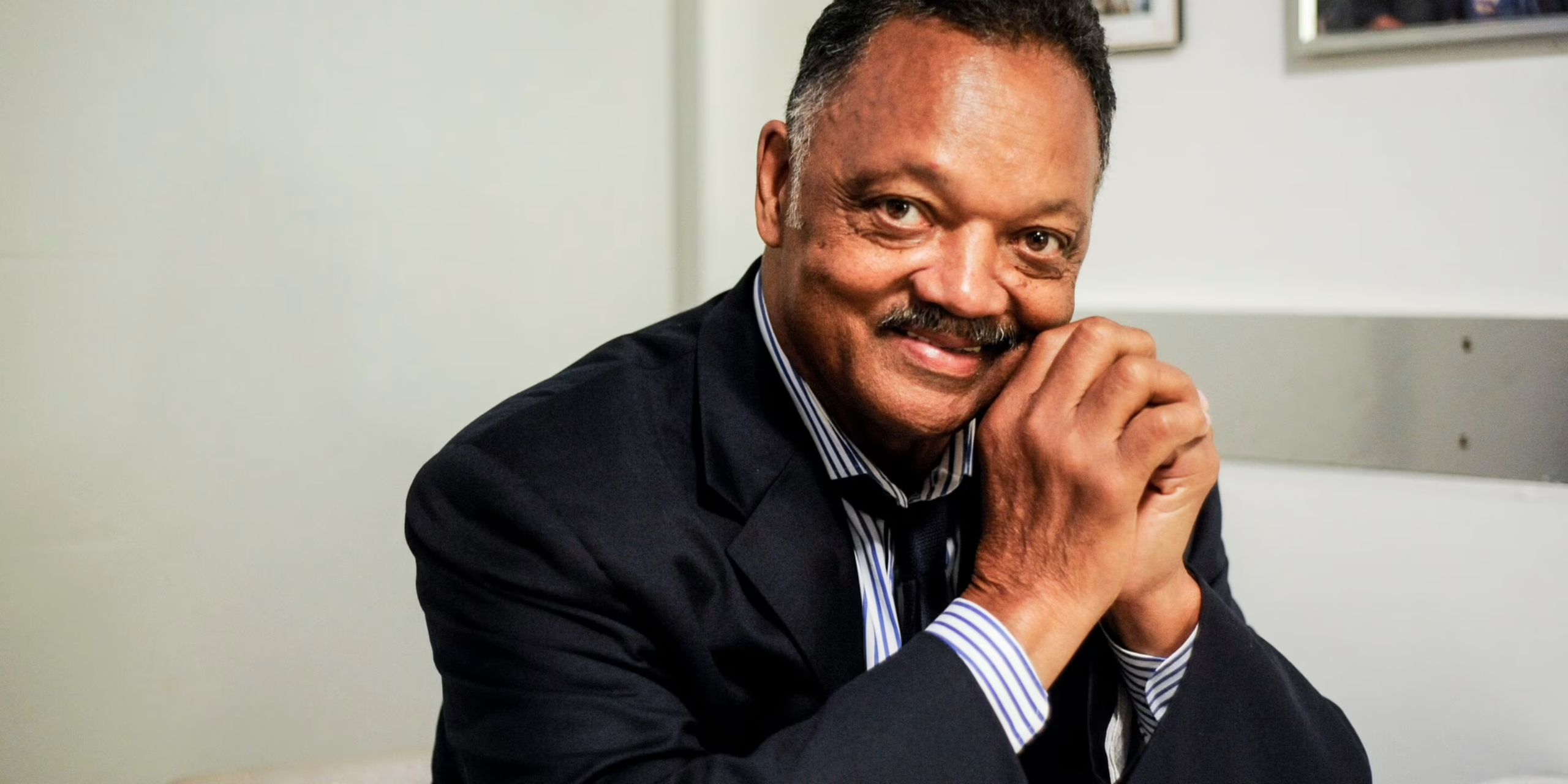Major Takeaways:
Eight individuals are facing federal charges for allegedly defrauding Medicaid of $8 million.
The scheme was connected to the state’s now-defunct Housing Stabilization Program.
Prosecutors say the fraud deprived vulnerable families of resources and highlighted gaps in oversight.
Eight Charged in $8.4 Million Medicaid Fraud Tied to Minnesota Housing Program
Federal prosecutors in Minnesota have charged eight people in what they describe as a large-scale fraud scheme that siphoned millions of dollars from a program meant to help people keep stable housing.
According to the U.S. Attorney’s Office for the District of Minnesota, the defendants collectively billed Medicaid for nearly $8.4 million in housing stabilization services that were never provided. The charges stem from Minnesota’s Housing Stabilization Services (HSS) program, launched in 2022 to support low-income residents at risk of homelessness.
Prosecutors allege the defendants, who operated through four different service providers, submitted thousands of false claims for housing-related support. Instead of delivering real services, they allegedly pocketed the money, exploiting weaknesses in the program’s oversight.
“This was a scheme that diverted taxpayer resources away from people who needed them most,” said U.S. Attorney Andrew Luger, calling the indictments “the first wave” of cases related to Medicaid abuse in the program.
The Housing Stabilization Services program, while designed to keep vulnerable Minnesotans in safe housing, has faced mounting scrutiny for loose enrollment rules and rapid growth in spending. Federal officials say the system’s low barriers made it an easy target for fraudsters.
The eight defendants face multiple counts of wire fraud, a charge that carries the potential for prison sentences, restitution, and heavy fines. Prosecutors indicated that further investigations are ongoing, signaling that more cases could follow.
For Minnesota, the scandal raises pressing questions: how can programs meant to provide lifelines to struggling families be protected from exploitation — and how will oversight be strengthened moving forward?












